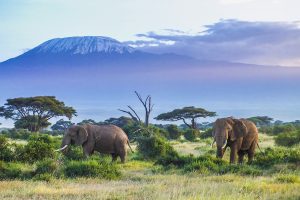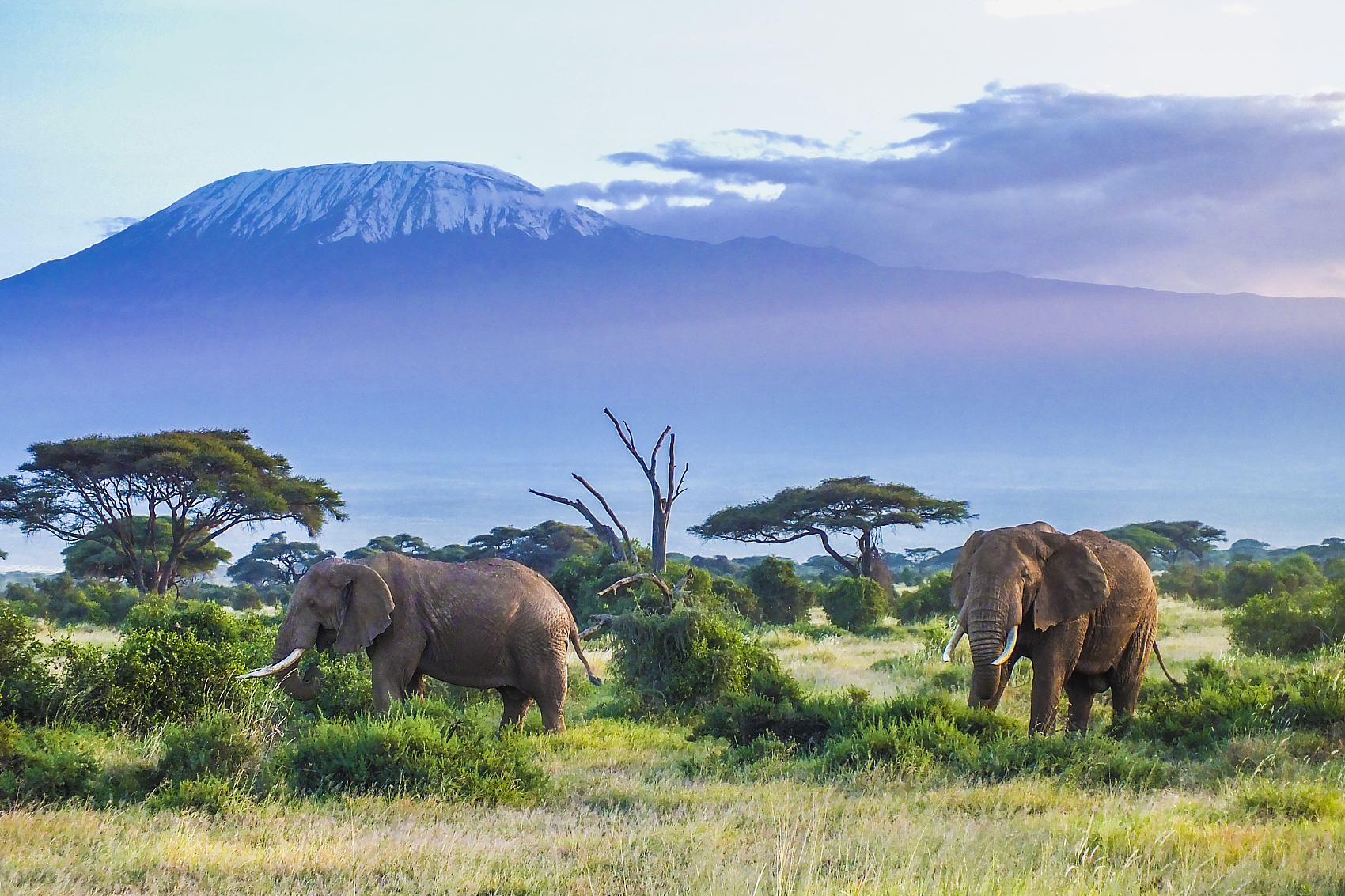I recently took a trip to Oakland for a birthday brunch, knowing only the birthday girl. As an introvert, being in a situation where I don’t know anyone is always a challenge for me.
At first, I felt pretty awkward, clinging to the one familiar face and slowly nursing my coffee and fruit plate. But as the event went on, I found myself chatting with one person, then another, until I ended up talking to nearly everyone. I met some genuinely interesting and friendly people, and by the end, I was so glad I’d gone.
However, when I’m at home, I often procrastinate going out for even simple things, like grocery shopping, which can get a bit ridiculous. Yet, when I travel, I find it much easier to get out, explore, and meet new people. Why is that?
The answer lies in dopamine. According to researchers Daniel Z. Lieberman and Michael E. Long in The Molecule of More, dopamine is crucial for motivation and reward-seeking behavior. Studies show that our brains respond more positively to new experiences than familiar ones, which is why we crave exploration.
So, even though it can be tough for introverts to engage with others in familiar settings, traveling gives us that dopamine boost. When I encounter something truly new while traveling, it feels exhilarating, almost like a natural high. This makes being social feel easier.
Even if you’re usually shy and hesitant about social situations back home, you might find yourself more energized to meet new people while traveling. Most others are feeling that same rush of excitement, making them more approachable too.
I used to joke about not knowing how to make new friends at home, wondering if I should just walk up to someone at a café and ask about their hobbies. But on the road, it turns out that’s often all it takes. Travelers are generally friendlier and more open to connecting with others, which makes it easier for both parties.
I used to worry about how to start conversations, but now I’ve learned that a simple “Where are you from?” can work wonders. I’ve had countless brief encounters that turned into lasting friendships or enjoyable chats that brightened my day. Both are valuable experiences, even if I don’t know what they’ll lead to.
I love the freedom of solo travel with no set plans. However, for introverts, booking activities in advance can help. It’s easy to cancel plans when we wake up feeling hesitant, but having already paid for something often motivates us to go and enjoy it. I’ve found that making a commitment helps me stick to my plans.
For example, I booked an island tour in Nusa Penida and a cooking class in Chiang Mai. I also led a group hike in Patagonia with participants who’d prepaid. Many were introverted, but group activities naturally encourage socializing.
Staying in places that promote social interaction, like yoga retreats or popular activity spots like scuba diving in Indonesia, can also ease my introversion. When others share your interests, it creates an instant connection, giving us plenty to talk about while bonding over shared experiences.
While these tips help me be more outgoing while traveling, introverts also need time alone to recharge. That’s one of the beauties of solo travel; you can enjoy your own company without worrying about disappointing anyone or feeling pressured to socialize.
I used to stress if I went a few days without meeting new people, feeling like I was wasting time if I chose to relax instead. Now I appreciate those moments for the self-care they offer. After all, traveling is also about treating ourselves.
So, if you’re traveling and feel like skipping social events or ordering room service instead, don’t feel guilty about it. Listening to your own needs is crucial during solo travel. I’ve learned this in my 30s, and it has made my travel experiences even more enjoyable.
Knowing that dopamine will work in your favor, helping you connect with others on the road, and allowing you to make choices that suit you best, can encourage you to embrace solo travel.







